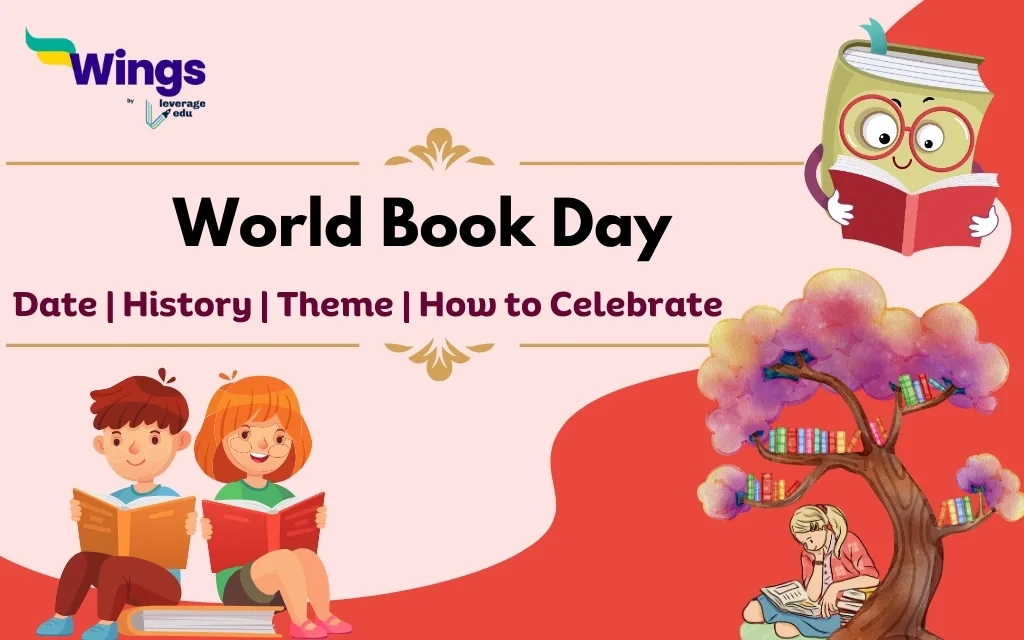On this World Book and Copyright Day, we reflect on the rich tapestry of literature that connects us across time and space. Originating from the visionary idea of Vicente Clavel Andres in 1922, April 23rd was dedicated to commemorating the literary contributions of Miguel de Cervantes, marking his passing. Recognizing the importance of this gesture, UNESCO officially designated this date as World Book Day in 1995.
Since then, World Book Day has become a global celebration, acknowledging the profound impact of literature on society and fostering a deeper understanding of the continuum between past, present, and future. Books serve as cultural and generational bridges, spanning the divides between different epochs and offering insights into diverse perspectives.
However, recent surveys reveal a concerning trend in reading habits, exemplified by a joint study conducted in 2019 by Gallup and the Gilani Foundation in Pakistan. Shockingly, three-quarters of the population abstain from reading altogether, with only a mere 9% classified as avid readers. This stark reality underscores a pervasive lack of engagement with literature in our society.
In an era dominated by the omnipresence of social media, traditional modes of learning, such as books, are often sidelined as antiquated relics. Yet, as former US President Harry S. Truman famously remarked, “All leaders are readers,” highlighting the invaluable role of literature in nurturing informed and visionary leadership.
Moreover, the incessant consumption of digital media has contributed to a decline in attention spans, particularly among Millennials and Generation Z. This preoccupation with fleeting distractions detracts from their ability to engage meaningfully with complex issues and hampers their capacity for focused, sustained efforts.
While it is commendable that young people leverage social media as a platform for advocacy and awareness-raising, there is a glaring deficiency in substantive background knowledge on the subjects they champion. Acquiring a foundational understanding of relevant topics is essential for formulating effective solutions and effecting meaningful change.
Ultimately, the true significance of books is realized through attentive reading and reflection. They are not mere artifacts to be preserved in museums but invaluable companions on the journey of self-discovery and personal growth.
As we commemorate World Book Day, let us reaffirm our commitment to fostering a culture of literacy and lifelong learning. May the written word continue to inspire, enlighten, and empower generations to come.



